DEFINITION OF major life stressors
Major Life Stressors are events or phases of life that typically involve a shifting in our roles as they relate to others or even to our own sense of selves. Often, these shifts are accompanied by an increase in stress as we adjust to new expectations. Unlike traumatic events and experiences of loss, major life stressors aren’t necessarily negative events. However, the compounding impact of managing our every day lives while juggling the negotiations necessary for shifting into a new role can create distress in our lives that is sometimes overwhelming.
SYMPTOMS OF MALADAPTIVE COPING to major life stressors
- Difficulty Sleeping
- Difficulty concentrating/staying on task
- Feeling anxious
- Feeling unable to breathe or like you are underwater
- Unusual nervous energy
- Feeling a lack of control or like you are free-falling
- Drinking or using substances to cope with transition, sleep or otherwise function
- Irritability
- Feeling overwhelmed
- Frequent tightness in chest when thinking or talking about the transition
- Feeling frequent panic
- More frequent fighting with those closest to you.
- Nightmares
COMMON EXAMPLES
- New Marriage or serious relationship
- Blending two existing families (i.e., becoming a step-parent, step-brother or step-sister
- Moving in with a partner
- A welcomed/mutual divorce or separation
- Becoming a parent
- Adjusting to the ‘empty nest’ when children leave.
- Getting a promotion at work
- Losing your job or being demoted
- Retirement
- Beginning college
- Graduation
- Aging
- Adjusting to sobriety
- Buying a house
- Relocating to a new city
TREATMENT
Treatment for major life stressors is individualized, based on each person’s unique relationship with the stressor. It often utilizes principles of Solution-Focused Brief Therapy to develop coping skills that help relieve the everyday distressing symptoms. Lastly, Cognitive Behavioral Therapy principles are used to combat cognitive distortions that negatively impact one’s perception of the situation.

